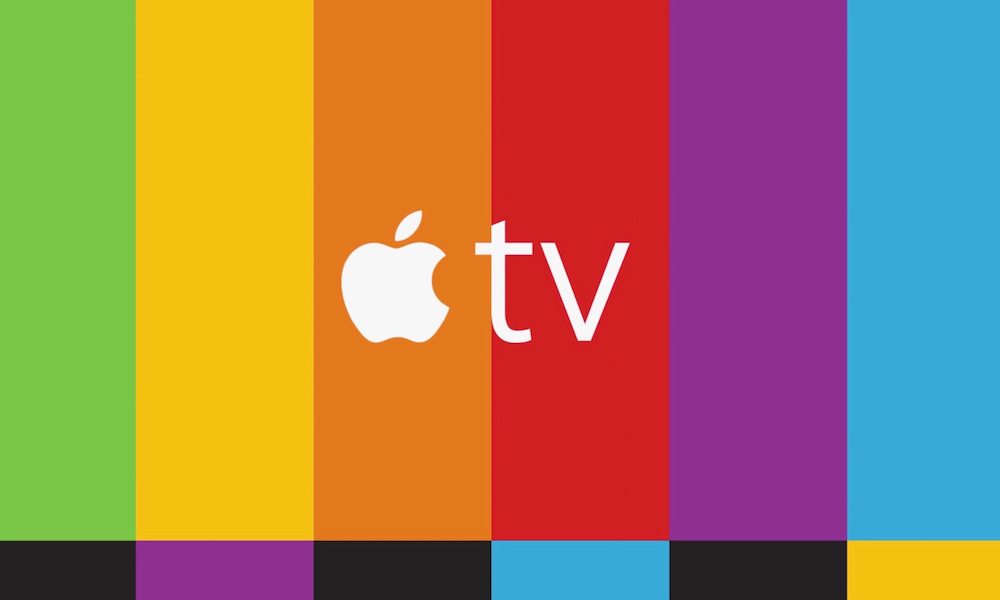Apple’s Streaming Service Is Ready, But Original Content Won’t Launch Until Later This Year
 Credit: Apple
Credit: Apple
Toggle Dark Mode
As we inch closer to the expected March 25 reveal of Apple’s new video streaming service, one of the biggest questions that’s remained open is exactly how the new service will be shaping up and what we can expect to see as part of the initial launch. It’s been known for a while that Apple plans to offer both its own original content — possibly even for free to users of its own hardware devices — as well as bundling a subscription package that would include premium content channels such as HBO.
Now some new details are beginning to emerge suggesting that Apple won’t actually have any of its own content available for the initial launch, but will instead be relying on movie and TV show deals with third parties — arrangements that the company is reportedly still “racing” to put together in time for the launch, according to a report from Bloomberg.
Apple’s Original Content
Despite the fact that Apple has been working on its original content for almost two years, sources indicate that most of the company’s movies and TV shows are “still in development,” suggesting that little, if any, of Apple’s original content is going to be show up at launch time.
If anything, we may only see shows that Apple is already producing, like Carpool Karaoke, included at launch. Apple’s new shows are planned to be released “later in the year at the earliest,” and it’s possible that the company is also holding back some content that’s already ready in order to release it on the more typical fall schedule that TV audiences have become accustomed to.
Third Party Deals
Meanwhile, Apple is still in talks with AT&T, who now owns HBO, as well as CBS and its Showtime network, and Lions Gate’s Starz premium cable channel, among others. While sources say that Apple is very close to inking these deals — at least a couple could be done by Friday — the talks are still ongoing.
Of course, this isn’t the first time that Apple has conducted negotiations into the eleventh hour; in 2015 Apple also famously scheduled its launch of Apple Music ahead of actually having all of the contractual pieces in place, and then played a game of brinksmanship with the music industry. Since licensing negotiations like this can often drag on for months, or even years, setting a launch date draws a line in the sand that likely helps to motivate the companies involved to wrap up deals in a more timely manner.
As with the company’s prior negotiations when it released Apple Music, it’s also likely that the company has signed at least a couple of deals. This would give it something to launch with either way, and more leverage in negotiating for additional content — essentially telling premium media providers that the launch is going to happen with or without them, making it their choice whether to get on board or not.
Sources suggest that HBO, Showtime, and Starz are all expected to ultimately reach a deal with Apple. At this point, all of the companies seem to have addressed the big questions such as pricing and revenue sharing, and said to simply haggling over a variety of smaller points such as marketing, promotion, and the user experience.
Not surprisingly, the report also confirms that Netflix and Hulu will not be on board, simply because they prefer to have control over the user experience and access to subscriber data. Further, neither of the popular media services likely feel that they need Apple to attract or retain subscribers. Netflix has in fact remained a conspicuous outsider with most of Apple’s content aggregation services over the years; the streaming giant participated in the original Universal Search when the fourth-generation Apple TV was released, but remains the lone holdout from Apple’s TV app, its single-sign-on feature, and more recently even removing the ability for users to subscribe from its iOS and tvOS apps.
While the popularity of both Netflix and Hulu would suggest that they’re likely correct in the short term, as users tire of paying for multiple subscriptions this could change, especially if Apple can bring enough competing media services under a single umbrella, for a single price, placing them all within a single, unified app. In the long run, the question will not be a choice between Netflix or Apple, but rather a choice between a single utility-like service or a premium collection of smaller, more curated services.
[The information provided in this article has NOT been confirmed by Apple and may be speculation. Provided details may not be factual. Take all rumors, tech or otherwise, with a grain of salt.]






